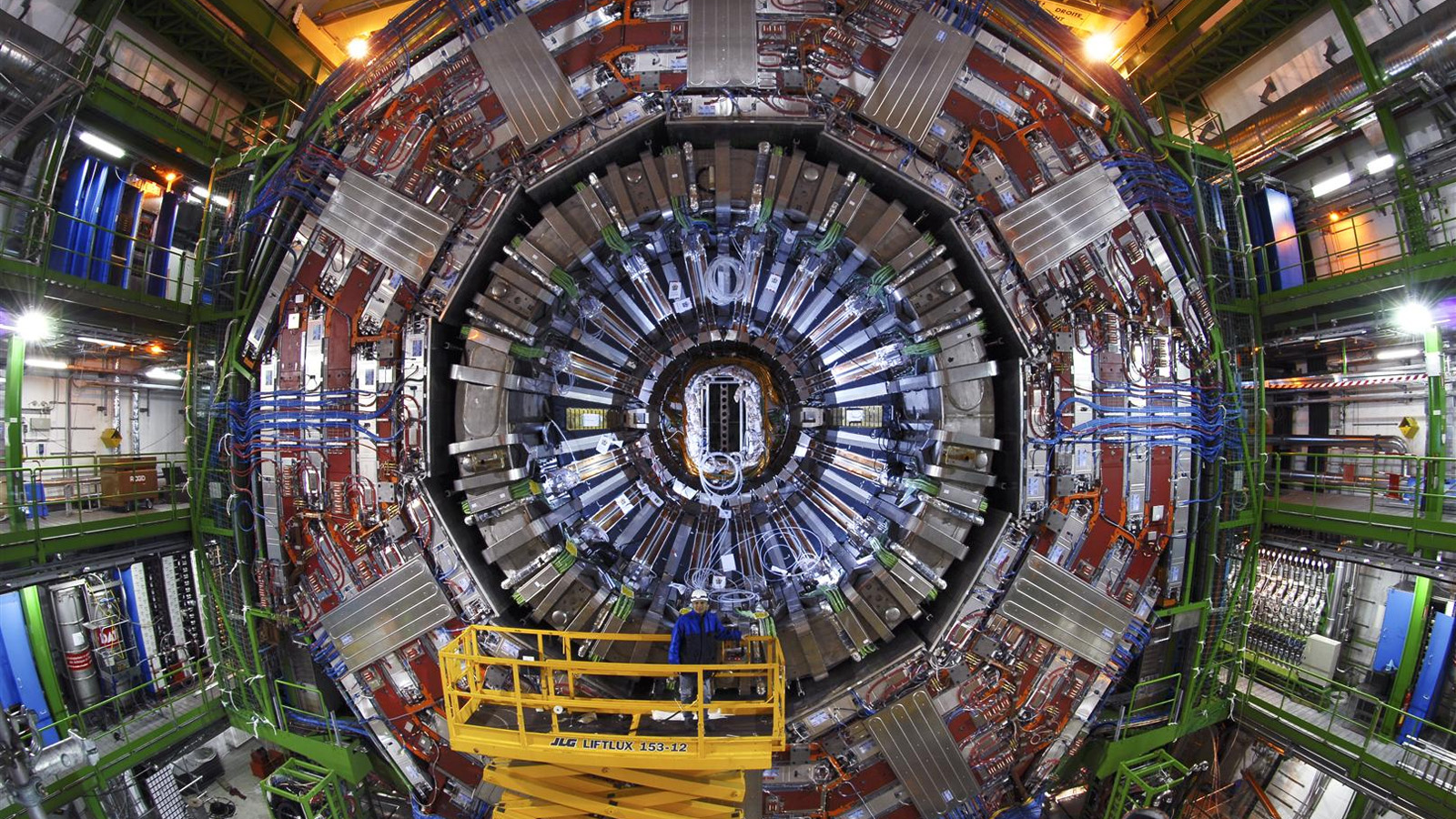Taking a closer look at LHC
ELISA (Experimental LInac for Surface Analysis) is a linear proton accelerator installed in the Science Gateway exhibition at CERN since October 2023, for public demonstration and educational purposes.
With a footprint of only 2×1 square meters, ELISA consists of an ion source, a one-meter-long RFQ working at 750 MHz and an analysing line dedicated to Particle Induced X-ray Emission (PIXE).
The system can accelerate a proton beam (extracted from the source at 20 keV) up to an energy of 2 MeV
An example of the experimental work carried out by ELISA is the analysis of archaeological samples ...
Other images of the device:




|
AUTHORS Xabier Cid Vidal, PhD in experimental Particle Physics for Santiago University (USC). Research Fellow in experimental Particle Physics at CERN from January 2013 to Decembre 2015. He was until 2022 linked to the Department of Particle Physics of the USC as a "Juan de La Cierva", "Ramon y Cajal" fellow (Spanish Postdoctoral Senior Grants), and Associate Professor. Since 2023 is Senior Lecturer in that Department.(ORCID). Ramon Cid Manzano, until his retirement in 2020 was secondary school Physics Teacher at IES de SAR (Santiago - Spain), and part-time Lecturer (Profesor Asociado) in Faculty of Education at the University of Santiago (Spain). He has a Degree in Physics and a Degree in Chemistry, and he is PhD for Santiago University (USC) (ORCID). |
CERN CERN Experimental Physics Department CERN and the Environment |
LHC |
IMPORTANT NOTICE
For the bibliography used when writing this Section please go to the References Section
© Xabier Cid Vidal & Ramon Cid - rcid@lhc-closer.es | SANTIAGO (SPAIN) |



